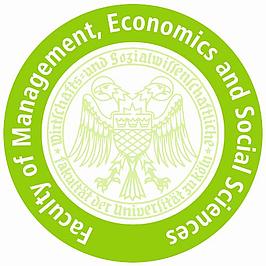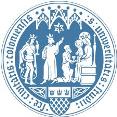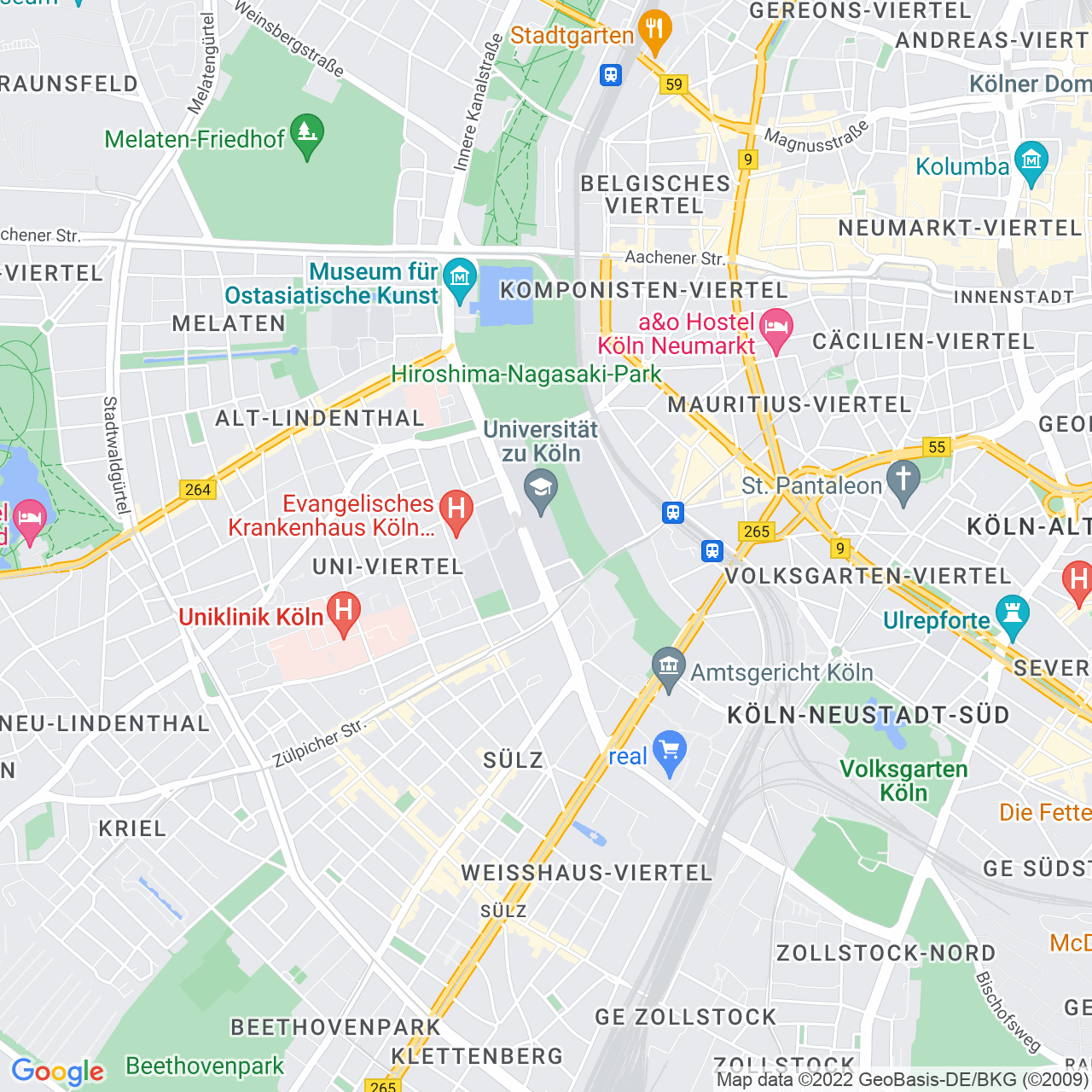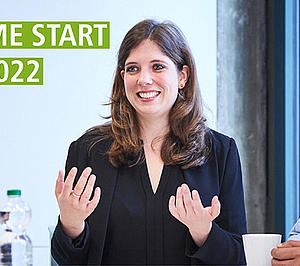The bundling of perspectives from different actors from management, medicine and politics under the roof of economics
This programme provides you with:
- skills for a career as a health economics specialist in microeconomic management, administration, associations and health care governance institutions.
- in-depth knowledge to develop an interdisciplinary understanding of the field based on the stakeholder groups that are relevant to health care (e.g. managers, policymakers, physicians).
- methods for the application of health economic tools to support, shape or implement decision-making processes.
This programme is right for you if you:
- have successfully completed a bachelor’s or equivalent degree in health economics
- are motivated to learn new and interdisciplinary topics in a target-oriented way.
- have mathematical understanding and good verbal and written expression in German and English.
- work as a team player, because working in groups is often practiced in seminars and an important key factor for connecting health care perspectives.
Key Facts
- Standard period of study: 4 semesters, full-time
- Start: Fall term
- Degree title: Master of Science (M.Sc.)
- Credits: 120 ECTS
- Language: German and English; Double Master's Programme: English
- Fees: Only social fee
- International: 1 optional Semester abroad
- Content: Application of knowledge, theories and methods in Business Administration, Medicine, Health Economics, Sociology and Economics to show the interdisciplinary opportunities of quality and efficiency improvements in health care.
Programme Structure
The master’s programme carries 120 ECTS credits and comprises a Core and Advanced Section, a Specialisation Section, a Supplementary Section and a Master Thesis:
- Core and Advanced Section (48 ECTS)
- Specialisation Section (30 ECTS)
- Supplementary Section (18 ECTS)
- Master Thesis (24 ECTS)
Connection of Health Care Perspectives
By incorporating the medical, management and system perspective into the programme structure, you as a student will be prepared for a successful career in healthcare with an all-embracing understanding. The course contents are taught by researchers and experts from the field and thus create a well-founded portfolio of theories, methods and interdisciplinary applications.
Specialisation
The Health Economics programme gives you an interdisciplinary understanding of the field by concentrating on stakeholder groups that are relevant in health care. Therefore, it covers the management perspective (i.e. business administration), system perspective (economics and social policy) and medical perspective (i.e. professionals and patients).
- Within this programme, the compulsory Core and Advanced Sections cover the basic skills and knowledge you need for a recommended track specialisation.
- The Specialisation Section provides you with a diverse range of seminars and lectures where you can further develop skills according to your interests.
- The Supplementary Section serves as an additional section for developing a more specific profile. Modules from business administration as well as from the Faculty of Medicine are available to students.
- The master’s thesis is written towards the end of the programme and can be research or practice oriented corresponding to the student’s interest.
International
English-taught Programme
In addition to courses in German, the study programme also provides courses in English. Selected courses discuss international topics from research and health economic practice. In this way, students can get an international overview of different health care systems.
The Faculty of Management, Economics and Social Sciences
As a student of the WiSo Faculty, you benefit from a teaching approach based on theory and methods in combination with research and applications.
The traditional diversity of subjects, top-level research, practical relevance and internationality allow the WiSo Faculty to stand up to national and international comparison and to achieve top positions in international research rankings. Through its interdisciplinary research approach, the Faculty’s seminars and institutes make a major contribution to the excellent research at the University of Cologne.
Career Opportunities
Many hospitals, well-known pharmaceutical companies, insurance and consulting firms are located in Cologne and the surrounding region. We help you forge ties with our partners even before you have completed the programme.
Health Care Manager Track - exemplary areas for job opportunities are:
- Controller for hospitals
- Assistance to the board of directors at the hospital
- Consultant
- Project Manager of health care providers
- Quality Manager
Health Care Analyst Track - exemplary areas for job opportunities are:
- Consultant
- Data Analyst
- Health Care Analyst
- Health Economist
- Market Access Manager of Pharmaceuticals
- Researcher
Application information and requirements
Application process and deadline:
- Applicants with a German bachelor degree apply via the WiSo Faculty’s master application portal
- Applicants with a non-German bachelor degree apply via the WiSo Faculty’s master application portal and additionally via uni-assist
- Application deadline is June 15th.
Requirements and selection procedure:
A Bachelor degree or equivalent in the respective field (worth at least 180 ECTS credits) and an overall grade point average of at least 2.7 (German grade). Applicants must meet the following requirements:
- At least 60 ECTS credits in Health Economics and/or the field of Business Administration and Economics
- At least 15 ECTS credits in Medicine
- At least 18 ECTS credits in the field of Methods in Health Economics
- English language skills level B2 CEFR
- German language skills level C1 CEFR
The Admissions Board will communicate its decision by the end of July. Enrolment usually takes place in August.






















